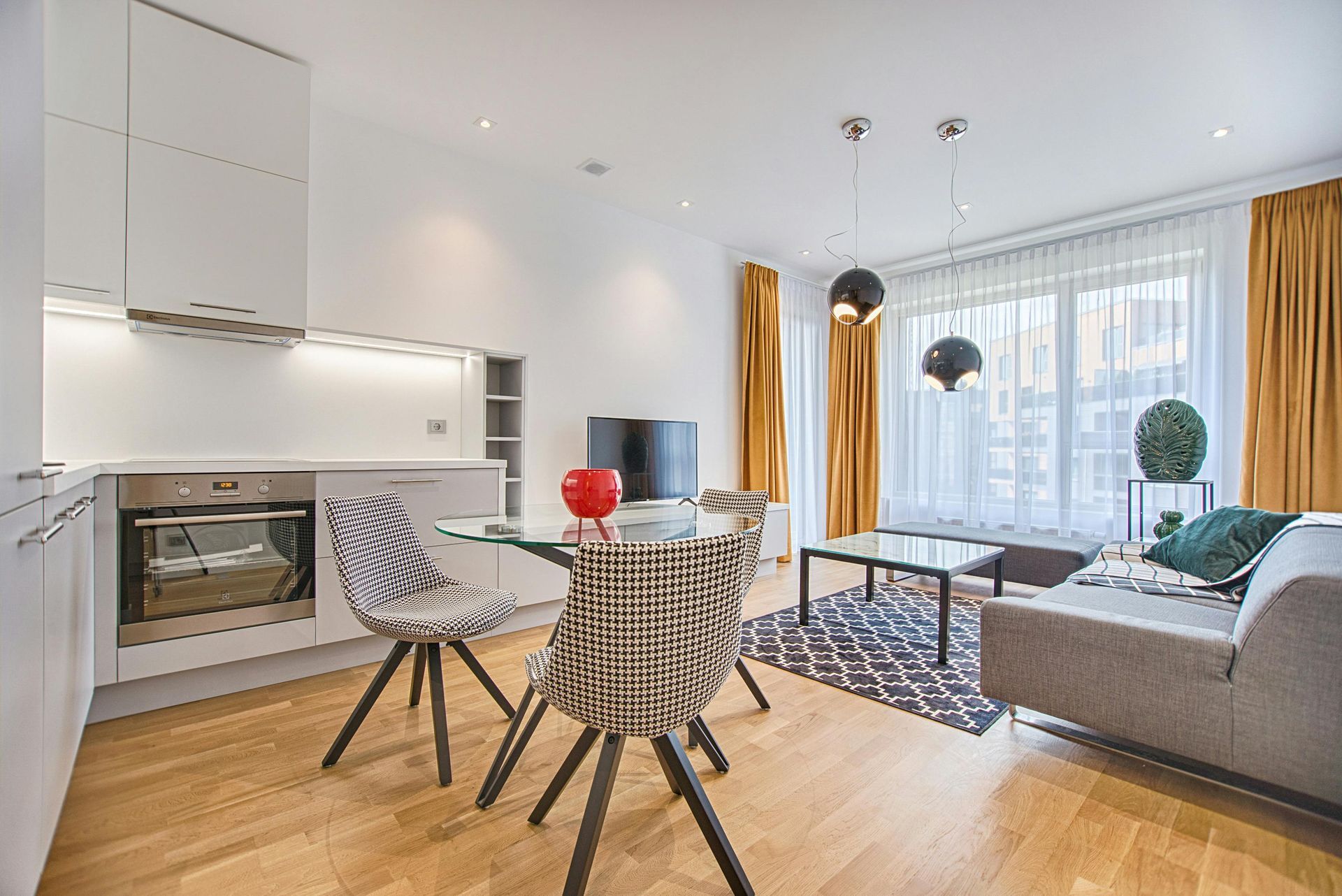Homes Are Not Retail Products
The Danger of Treating a Home Sale Like a Normal Product Listing

Selling a home isn’t like listing patio furniture on Craigslist. Homes aren’t mass-produced; they’re one-of-a-kind assets shaped by years of upgrades, wear, and upkeep. Even two houses with identical floor plans that were built at the same time can have wildly different values after a decade of modifications, wear, and upkeep.
Between major financial implications, emotional decision-making, and the uniqueness of every property, real estate requires a different mindset than retail. Approaching the home sales process like you would when listing a retail product can limit your sale potential.
Zillow Isn’t Amazon
Homebuyers don’t shop casually. They aren’t adding homes to a cart and circling back later. They’re making one of the biggest financial commitments of their lives.
They also appreciate housing scarcity and know they’re competing for unique properties with dozens or even hundreds of active buyers in their area.
These housing consumers are watching the market daily and are coiled to jump when the right home shows up. Unlike e-commerce platforms that reward wide exposure and evergreen availability, real estate is about urgency, scarcity, and momentum. The longer a home is on the market, the more it starts to feel like a leftover.
The unique psychology of homebuyers is why 72SOLD never uses the “list and wait” approach so many for sale by owner (FSBO) sellers pursue. We don’t dump listings online and hope someone stumbles into a purchase. We use a multi-faceted marketing approach to generate structured interest, concentrate buyer attention, and frame your home as a limited-time opportunity. That’s what drives simultaneous action from multiple buyers in your area, allowing us to maximize the competition for your home.
The Myth of ‘Testing the Market’
Thinking about homes like traditional consumer products can sometimes lead people to “test the market.” This involves listing your home at a higher price than it’s worth, just to see if someone bites. If no one does, the thinking goes, you can always lower it later. But that approach fundamentally misunderstands how buyers think and ignores the potentially devastating consequences of a stagnant listing.
Real estate isn’t a discount rack. Buyers don’t see a price drop and think, “What a deal!” Instead, they wonder what’s wrong with the house. Why didn’t it sell the first time? Why has it been sitting for so long? And most importantly, what kind of leverage do I have now that the seller is becoming desperate?
The longer a home sits, the more likely it is to attract lowball offers from opportunists rather than serious buyers looking to compete. Price drops virtually never spark the level of interest sellers expect. The best shot at high offers comes when buyer interest is strongest: early.
You Don’t Get a Second Debut
In e-commerce, you can update a listing anytime. You can tweak photos, change the description, bump the price down, or run a sale. In real estate, your listing has one shot to make a strong first impression. These impressions are locked in within the first few days, and there are no do-overs (re-listing isn’t a fix in the age of sites like Zillow and Redfin that track every update).
Those first days are when the most engaged buyers are paying attention, and when the biggest offers are on the table.
The worst thing you can do is waste that very short window by showing up with the wrong price, unpolished photos, or a “let’s see what happens” attitude. By the time you’re ready to get serious, the best buyers have moved on, and new buyers entering the market will arrive at unflattering assumptions about your property.
Selling a Home Requires Structure, Not Just Exposure
Putting a home on the internet isn’t hard. That’s what MLS syndication is for. But exposure alone doesn’t sell homes. Structure does. The way you price, show, and position a home determines whether buyers feel excited or skeptical, motivated or cautious.
Your home isn’t just another commodity. It’s a unique opportunity in a competitive market, and it needs to be presented as such. Selling it like a retail product strips away the urgency and excitement that leads to strong offers.
At 72SOLD, we help sellers avoid common pitfalls by creating a process that leverages homebuyer psychology to maximize speed of sale and price. You can get our price for your home and learn more about our process by filling out the form on our website.







